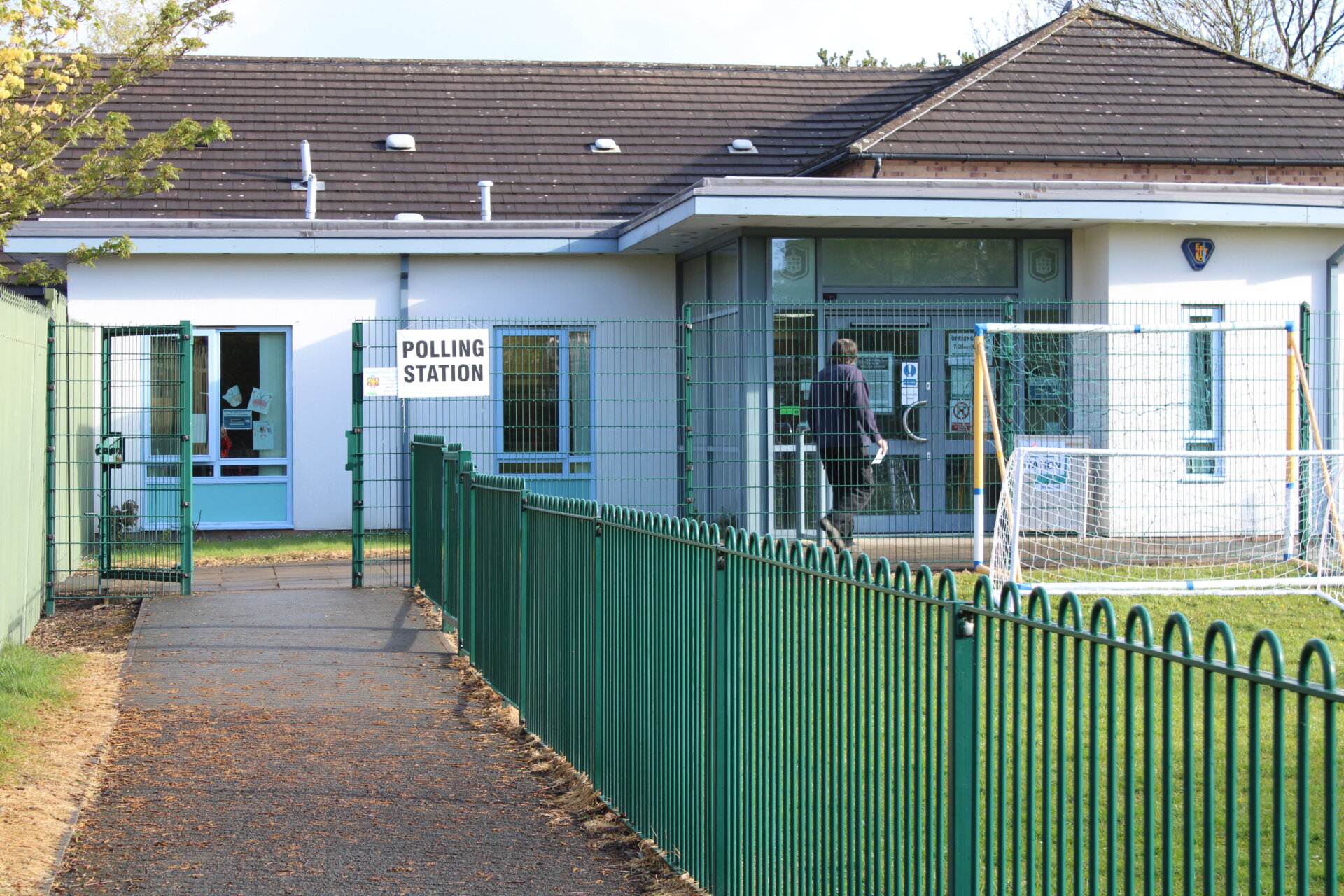Last Thursday, Brits headed to the polling booths to vote in UK local elections – and delivered a decisive mandate for a greener Britain. The results signalled a mood for change across the UK, in a significant final ballot test before the general election later this year.
London, which had been at the centre of heated discussions about the Ultra Low Emission Zone (ULEZ), voted in Mayor Sadiq Khan for a third term to deliver on his mission of cleaner air and greener growth. Even Bexley and Bromley – the epicentre of the battle over ULEZ expansion – saw no swing to the Conservative candidate.
Prime Minister Rishi Sunak had previously taken an axe to net zero policies following the Uxbridge by-election result – viewed by some as a vote against ULEZ – scrapping energy efficiency standards for private rented homes and delaying the ban on sale of new petrol and diesel cars. The bounce to Khan indicates this net zero rollback was a major strategic misstep.
Indeed, across the country, UK voters flocked to councillors and mayors offering a cleaner future. The Green Party gained over 70 councillors – with the Greens becoming the largest party in Bristol council. It was also notable that Ben Houchen’s re-election as the Tees Valley mayor – a rare glimmer of light for the Conservatives after a terrible election night – was for a candidate offering strong support for green industry. All ten of the Labour mayors who succeeded also put green economic growth at the heart of their vision.
A small boost for the right-wing, anti net zero “Reform” party might be interpreted by some as evidence that political parties should water down their clean energy ambitions. This would be exactly the wrong conclusion. The failure of the Conservatives in the local elections is intimately linked not just to public perception that Britain is broken, but frustration from the majority that the Government has down-graded action on climate change, filled our rivers with sewage and neglected nature.
The green economy is the growth engine which can help address several of Britain’s woes – spurring investment across the country, encouraging innovation and major infrastructure projects. Supporting warmer homes and clean energy can lower bills and help tackle the cost of living crisis. These are priority issues for voters who have been rocked by the cost of living crisis.
For the new wave of local councillors and mayors, there are opportunities to progress towards solutions which will lower bills, and support healthier communities and cleaner air. This can be done by fixing drafty homes, reducing polluting fossil fuels, and supporting thriving green industries. Locally led action on net zero requires support from national government. This must include boosting the capacity and resources of local leaders to deliver retrofit programmes up and down the country.
The takeaway that all politicians can draw is that the British public is ready to back bold, green leadership. In the coming months, in the run-up to the general election, we need to see a race to the top: with all parties setting out credible, ambitious and fair policies to put the UK on track to meet its legally binding climate and fuel poverty targets. This must include developing a new Heat & Buildings Strategy to address the current glaring policy gaps; a clean power plan which boosts renewables; an industrial transition strategy which protects jobs; and a managed transition away from the production of fossil fuels.
An efficient, clean and affordable energy system is a major prize for any government. Politicians must pay less attention to those seeking to stir up net zero culture wars, and to the British public, who are committed to a greener future.


